“Gaining traction in beef has been more difficult compared to dairy,” said Dr Tim Byrne who gave a presentation entitled "20 years of ICBF".
Dr Byrne, who now works as a genetics consultant for AbacusBio in Scotland but who previously worked on the design and implementation of breeding programmes within ICBF, showed that genetic gains within the dairy herd over the last 20 years have delivered an extra €4bn, with capacity to increase this by a further €2.85bn over the next decade.
Looking to the beef side, there also progress being made, but at a slower speed.
“From 2003 to 2017, genetic gains for beef terminal traits have exceeded €570m,” said Dr Byrne. “This equates to an extra €33 per suckler cow.”
However, while this benefit was been exploited through terminal genetics, maternal genetics were unfortunately suffering at the same time. Dr Byrne showed that “a decline in maternal traits cost the beef sector around €420m during the same period”.
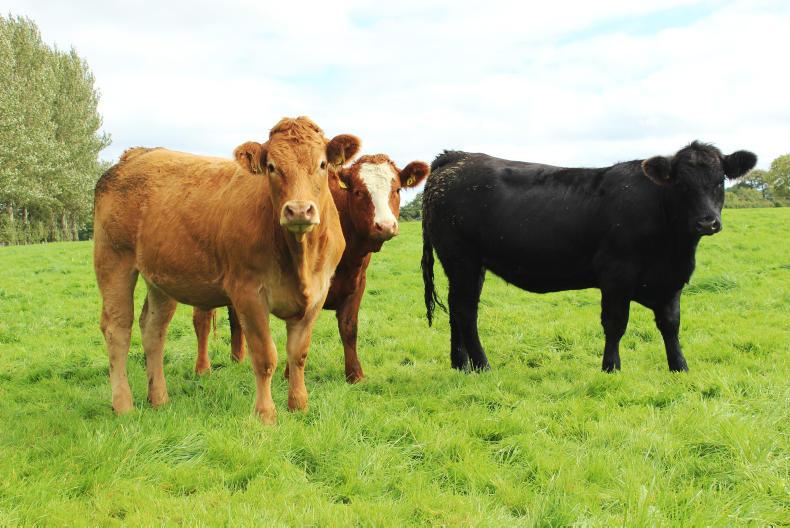
However, having identified this as a critical problem, the Beef Data and Genomics Programme (BDGP) was introduced to reverse the downward trajectory of maternal traits. While the scheme has come in for high levels of criticism among some groups of farmers, Dr Byrne outline that “the BDGP is set to deliver a €540m net gain to the beef sector through genetic improvement in maternal traits".
"This is an extra €49 per sucker cow,” he said.
Furthermore, he said: “20 years of a €10/year gain in the replacement index in the national herd has the potential to reduce suckler greenhouse gas emissions by 10%.”
Future
Sean Coughlan, CEO of ICBF and Sheep Ireland, gave a presentation on the future direction of the ICBF.
“We have set out four main goals in our strategic plan for the next five years,” he said.
Coughlan explained the first goal was to maximise genetic gain through collaboration and service provision.
“Breeding is a long-term game,” he said. “The decisions we make today are for the animals we are going to have in seven to 10 years’ time. We are very fortunate to have a high level of collaboration with industry already but we need to make sure it’s working. Also, as more data becomes available we need to publish it as best as we can.”
For those who don’t like change, they are going to like irrelevance even less
The second goal involved managing and developing the already enormous ICBF database. “The most important part of all of this is that we get as many farmers as possible to take up this service. We will be working with Teagasc to align on research and extension.”
The third goal was to increase farmer and industry engagement with the organisation while the final goal involved continually improving standards within the organisation to raise the company’s excellence.
To conclude, Coughlan delivered a very clear message: “This whole thing lives and dies on collaboration. For those who don’t like change, they are going to like irrelevance even less.”




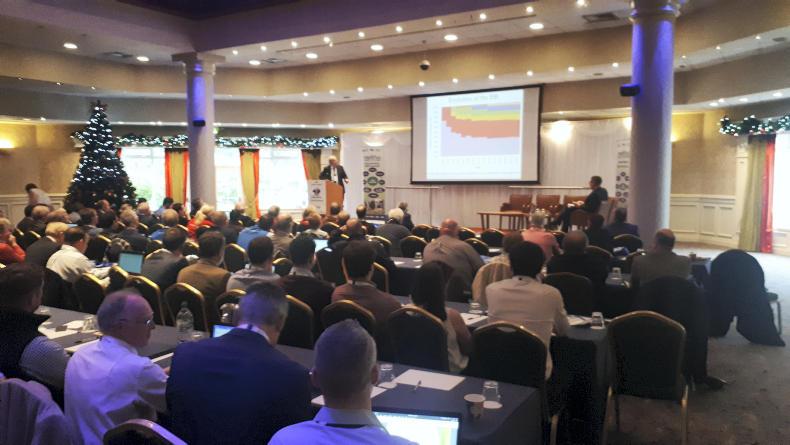
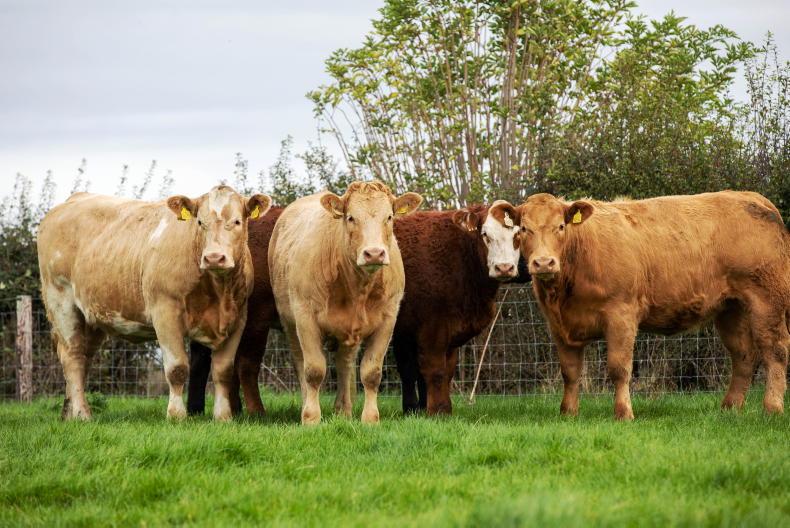

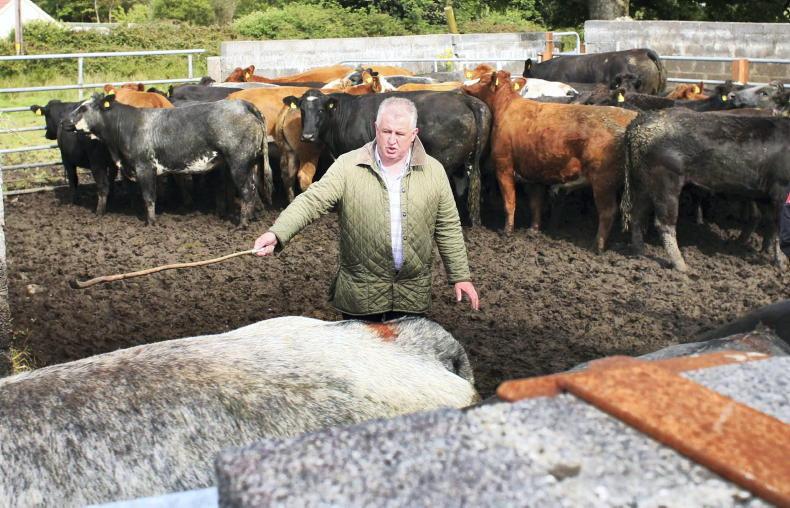
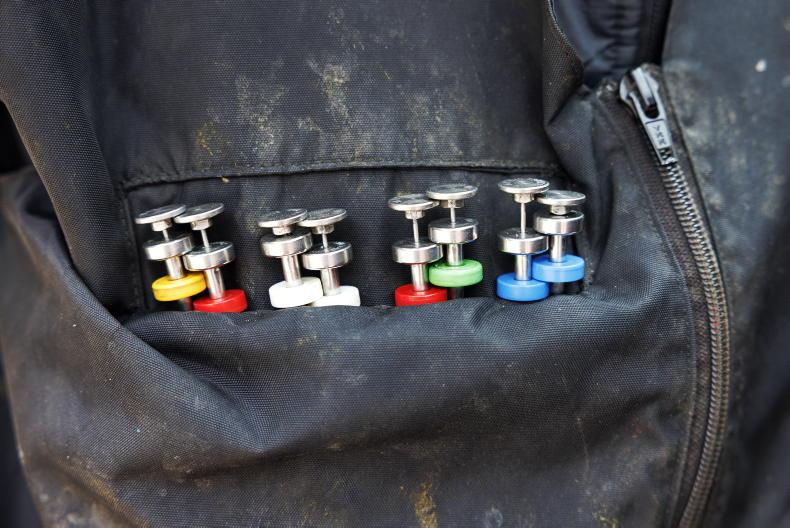
SHARING OPTIONS